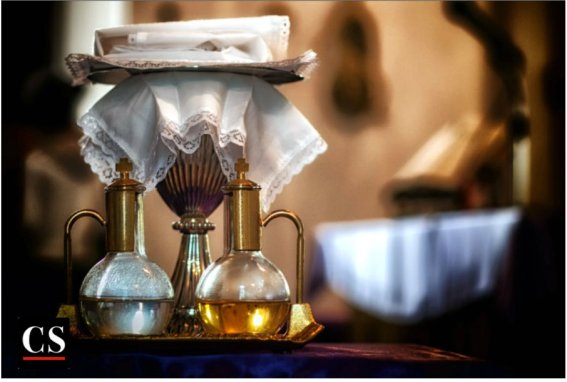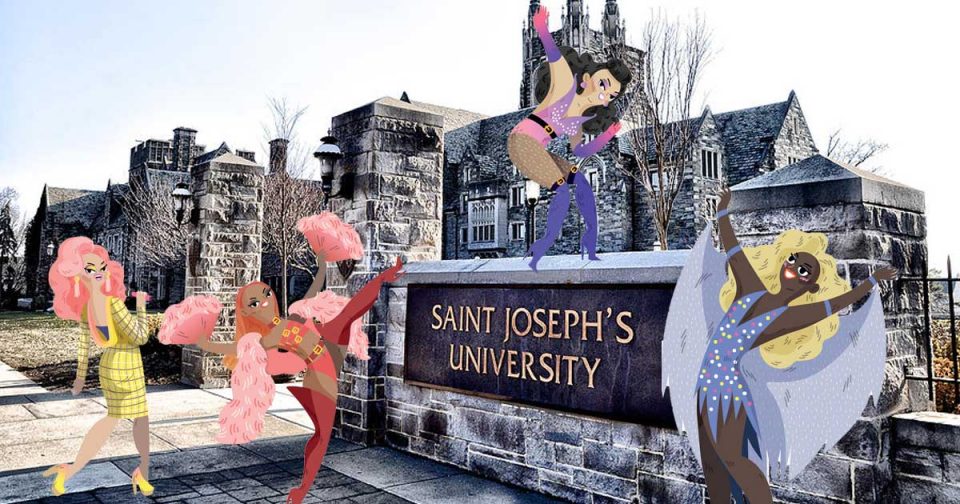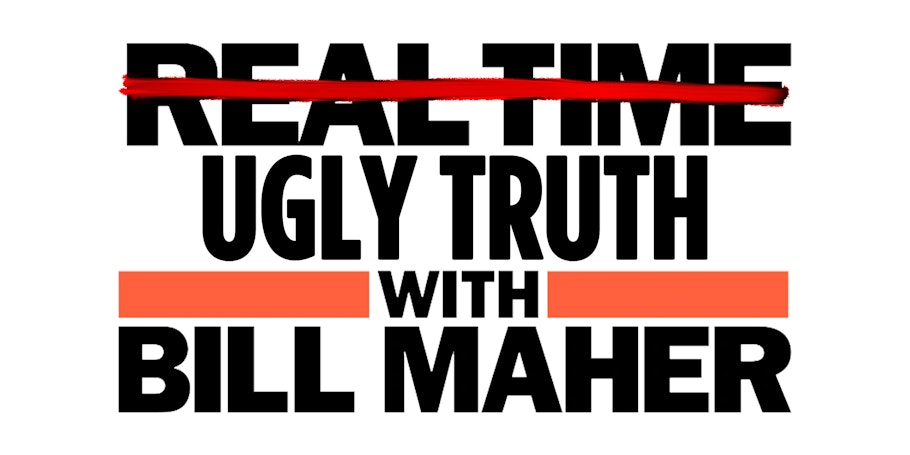Young People Want the Authentic Faith, by Nicholas LaBanca

Star Parker: Democrats Are ‘The Party of Anti-Christ’
November 6, 2018
A Sweetheart Gov’t Deal for Planned Parenthood, by Charlie Butts
November 6, 2018
By Nicholas LaBanca, Catholic Stand, 6 November AD 2018
With the Youth Synod recently ended, there’s quite a lot of talk around Catholic circles on how to bring young people into the Church. Or rather, the talks focus mainly on how to retain young people. My generation, the millennials (as well as Generation Z), have been leaving the Church in droves. The “nones” have been rising at an astronomical rate over the last several decades, and there is a myriad of factors contributing to this.
I recently had the opportunity to attend a portion of my diocese’s deacon’s convocation. The focus of the day’s events was on young people in the Church. As part of the young adult delegation that night, my wife and I were able to speak with several of the deacons of our diocese over dinner. What appeared to be the common theme throughout the many discussions going on was this: young people want authenticity. We do not want the Catholic faith watered down.
What follows are some observations and reflections from that night, connecting it to the Synod taking place in Rome, and to the crisis of apostasy we see among my generation.
How Do We Engage People?
One of the main questions brought up was, “How do we engage people and keep them in the Church?” Most of the deacons we spoke with were over the age of 50. Many of them have children about my age or even older. They don’t have as much a connection with those in the 18-34 year old demographic anymore, especially because that demographic is not typically present in our pews on any given Sunday.
The overwhelming sense that permeated throughout the discussions was that we as young people want the authentic Gospel proclaimed to us. One of the deacons reminded us of the words of St. John the Baptist, in anticipation of our Lord Jesus: “Repent, for the kingdom of heaven is at hand” (Matthew 3:2). We as young people need to hear this even if it bothers us and makes us uncomfortable. Even if it hurts. Even if it brings to light our defects.
And this is where that “beige Catholicism,” as Bishop Robert Barron puts it, comes in. Too often the last few generations of Catholics, particularly in the Western world, have received a version of the faith that has been watered down. Instead of being bold and confident in proclaiming the teachings of Christ’s Church, many of her leaders have been timid, even ashamed, to proclaim teachings that the secular world finds untenable.
“Beige Catholicism”
We have forgotten that Jesus preached conversion. A radical conversion. But for the typical human being, radical change is something we simply don’t want to do because we are too comfortable “doing our own thing” instead of doing our Lord Jesus’ Will. It’s no wonder that many young people have lost the Faith, effectively apostatizing. Their parents, be they from the tail end of the Baby Boomers or from among the Gen Xers, were catechized in such a way that Church teaching on everything from sexuality to the necessity of the Catholic Church was downplayed or directly contradicted. When a disproportionate number of Catholics in the United States do not acknowledge the Real Presence of the Eucharist, we have a major problem.
The dilemma, then, appears to be this: How do we keep Catholic young people, shaped by secular values, in the Church without watering down the faith?
Oftentimes (and we’ve all been guilty of this at one time or another), we shirk back when challenged on something like the reality of marriage, or the reasons why the Church bars Protestants from receiving the Blessed Sacrament. We don’t want to offend, therefore we don’t reveal the whole truth. We waffle. We obscure. However, this is in direct contradiction to the Gospel. Our Lord tells us that “the truth will set you free” (John 8:32). As we know, the Truth is a Person. How can we who claim to be Catholic, lay people and hierarchs alike, not proclaim the unadulterated words of Jesus Christ?
If we make Catholicism “beige” just so John and Sally will get married in the Church and not further pursue a wedding on the shores of Hawaii outside the Church, how then are we to foster discipleship? To be a disciple of Jesus is to radically orient one’s life in conformity with His Will. To not tell John and Sally that cohabitation or artificial contraception is gravely sinful just so that they won’t get offended and walk out of the Church does no one any good service. It whitewashes the Gospel.
The Bread of Life Challenge
Remember, our Lord didn’t chase after His disciples and followers that left Him after the Bread of Life discourse. Of their own free will, they rejected our Lord’s words and said: “This is a hard saying; who can listen to it” (John 6:60)? Jesus didn’t beg them to stay. He didn’t make concessions. He simply acknowledged that there were “some of you who do not believe”, and then allowed them to walk away, presumably to their own ruin since they no longer walked with Him. And what does He ask of His disciples that stay? “Will you also go away?” He doesn’t make the teaching on the Eucharist more palatable. He doesn’t sanitize it or sugarcoat it. Our Lord and our God stands by what He says, and puts the ball squarely in the court of the Apostles.
This is a parallel not just to my generation, but to every generation. How often have we heard loved ones say, “the Church’s teaching on X is too difficult” or “I disagree with what the Church says here, who can bear it? I’m outta here.” The answer is “too often;” and difficult as it may be, we may need to follow our Lord’s lead in these situations.
We Need Intentional Disciples
Instead of bending over backward to make the Gospel more palatable to lukewarm Catholics by watering it down, we need to proclaim the authentic teachings of Christ and His Church, no matter the cost. If men and women walked away at our Lord’s voice over a “hard saying” in 1st century Galilee, they will also walk away from His voice in 21st century America. We can no longer perpetuate “beige Catholicism” just so that John and Sally don’t leave the Church and get married outside of it. If they reject the Gospel, then that is their choice.
We need intentional disciples in our Church, so that they pass on the unadulterated faith to the next generation, forming further intentional disciples. Sometimes we have to shake the dust off our sandals and move on, entrusting those that walk away to God’s mercy.
If we keep watering down the faith to appeal to lukewarm or lapsed Catholics, then we risk losing those Catholics that really are seeking Truth. If they come to us seeking real answers and real substance on how to live their lives in conformity with Christ, and we give them a diluted message, they’ll simply move on to somewhere else that appears authentic to them. They’ll seek out somewhere else that actually believes in what it preaches.
Watering down the faith ultimately leads to indifferentism, and indifferentism leads to relativism, thus turning many among my generation into Pontius Pilate, asking “What is truth?” without expecting, much less diligently searching for, an answer.
Reaching the Young with Authenticity
At his intervention during the Youth Synod, Archbishop Anthony Fisher of Sydney, Australia touched on many of these points. He apologized to young people for a variety of failures among the Church’s hierarchy, and I feel as if he were speaking directly to me and to many of my brothers and sisters in Christ that I personally know:
Today in your presence, Holy Father, and amidst my brother bishops, I want to say sorry to young people for all the ways we’ve failed them. …
For the times Catholic families, parishes and schools have failed to introduce you to the person of Jesus Christ, his saving word, and his plan for your life; and for the times we’ve seemed to you unwelcoming, distant or harsh, or have not demonstrated the sheer joy of being Christians; and for the times when you were searching for your sexual, ethnic or spiritual identity, and needed a moral compass, but found Church people unsympathetic or ambiguous: I apologize.
For when we’ve sold you short not encouraging you to live heroically your baptismal call to holiness and the paschal path to life through self-renunciation; or when we’ve provided too little youth ministry or other support, so you’ve found living as a young person of faith and ideals lonely in a secular, often cynical world; or when unbeautiful or unwelcoming liturgies have failed to inspire or include you, and when you’ve been denied the Church’s treasury of examination of conscience, reconciliation, adoration, pilgrimages, penances and devotions: I apologize.
For poor preaching, catechesis or spiritual direction that fails to convert, and for lack of imagination or enthusiasm for that new evangelization to which the recent popes have called us; and for our failures to demonstrate God’s mercy, as Pope Francis has insisted we must, and to involve you in campaigns for Christ-centred justice and in works of mercy; and for families, dioceses and religious orders that with a contraceptive mentality have given up on generating new vocations and so have not nurtured yours: I apologize.




